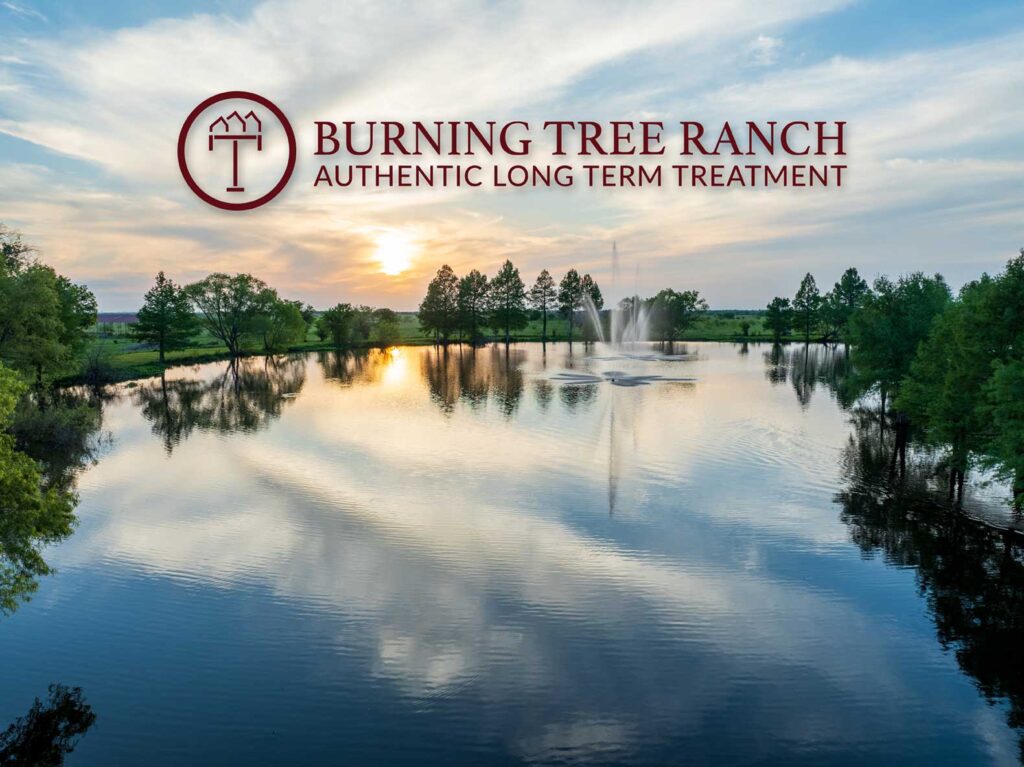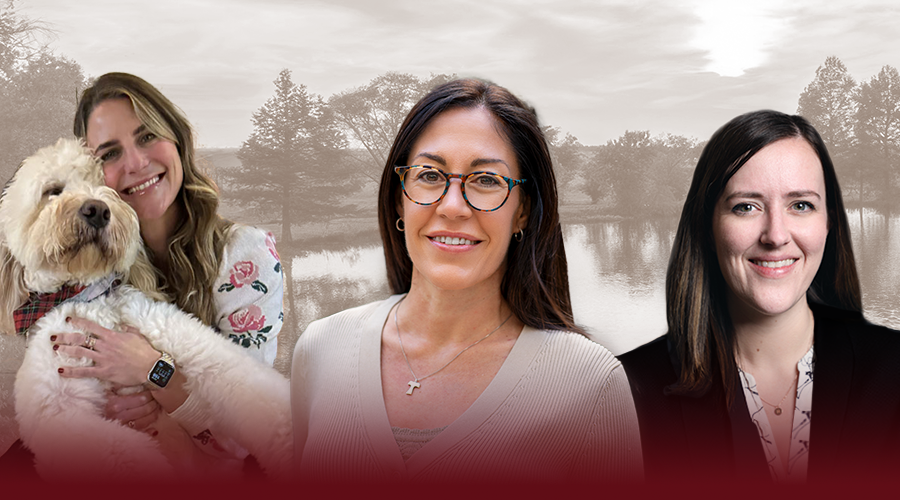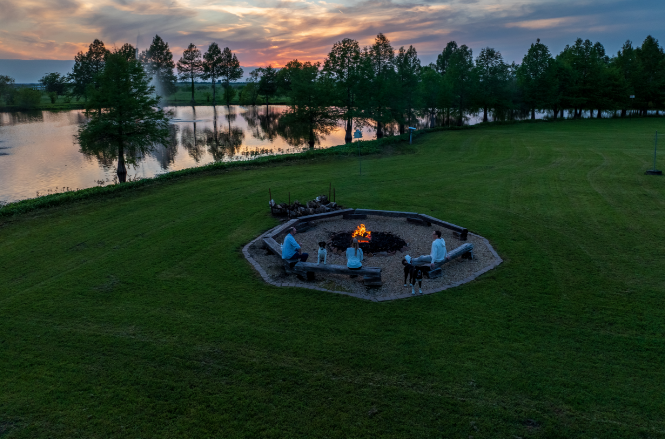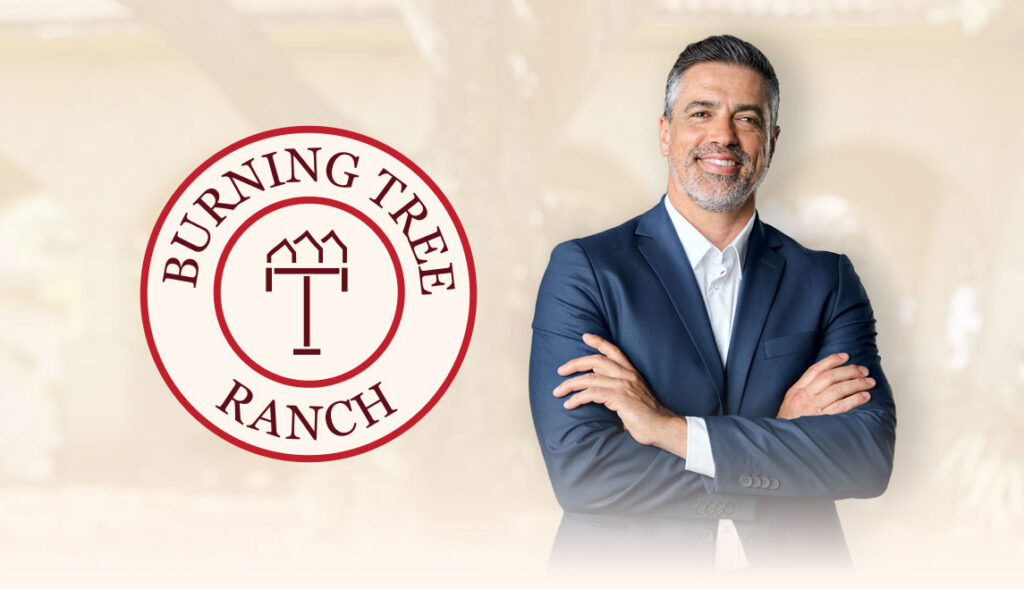Authentic Long-Term Treatment
We treat what others can’t—chronic relapse and advanced addiction.
This time, it can be different.
- Long-Term, Milestone-Based Care
- Experts in Chronic Relapse and Co-occurring Mental Health Disorders
- Structured 4-Phase System for Real Recovery

What Does it Mean to Undergo Long-Term Treatment?
Our long-term treatment program is designed to offer the appropriate amount of time to identify, treat, and recover from chronic addiction in a dual-diagnosis setting. We address life and death matters as they relate to chronic addiction and mental health.
Why do families choose long-term treatment?
- Focus on identifying complex emotional and mental health disorders
- Emphasis on treating advanced stages of addiction and relapse
- Multi-phased long-term continuum aimed at permanent recovery
- Concentration on dynamic behavioral, attitudinal, and personality change
- Treatment duration informed by proven measurable progress, not time


What Makes Long-Term Treatment So Effective?
The research on chronic addiction treatment length is clear – the more time individuals spend in a professional treatment setting, the greater their chance at permanent recovery.
- Accurate diagnosis and treatment of co-occurring mental health disorders
- Identification of relapse patterns and root causes
- Progress-based milestones build momentum and accountability
- Allowing time for real behavioral and psychological change
Should Your Family Consider Long-Term Treatment?
If short-term programs haven’t worked, it may be time for a different approach – one that doesn’t seek to just treat symptoms but to transform lives.
Who is a fit for long-term treatment?
- Has completed multiple treatment programs without success
- Suffers from untreated or misdiagnosed mental health conditions
- Struggles to maintain sobriety even in structured settings
- Continues to face severe consequences despite repeated help



We Help the Women & Men No One Else Can
We’ve helped women heal from complex addiction and trauma since 1999 — within a treatment community that serves both men and women.
Women, in particular, face unique relapse risks, often tied to trauma and co-occurring disorders.
The truth about chronic relapse:
- Repeated treatment failures don’t mean they're beyond help.
- Short-term programs can't address deep, entrenched patterns.
- Real recovery requires time, structure, and clinical accountability.
We treat those for whom nothing seems to work. We give them the time, structure, and accountability they need to make lasting changes.
Why is Burning Tree Different from What You’ve Already Tried?
We are the only provider of genuine long-term treatment for chronic relapse. Our program treats difficult, advanced stages of addiction that have not been mended in other, shorter-term treatment episodes.
What’s Unique About Our Program?
- 100% Progress-Based
- Exclusive To Chronic Relapse Clients
- Life Skills Intensive, Accountability Driven
- Focus On Behavioral & Attitudinal Well-Being
- Long-Term, Multi-Phase Continuum Of Care

Chronic Relapse is All We Treat
- For families exhausted by repeated failure and chaos
- We recognize the manipulation, denial, and crisis cycles
- We guide the whole family, not just the loved one, toward real change
- We stay with you until permanent sobriety is the only outcome left
How Long Does Treatment Last?
Real progress in recovery is not measured in days. It’s measured in behavioral change.
- We follow the client, not the clock. Every journey is different. We don’t rush healing.
- Milestones over months. Progress isn’t about time – it’s about transformation.
- Four clinical phases, one goal. Deep, lasting change that holds up in real life.
- Ends when the recovery is real. We don’t discharge until the work is done.
Phase 1: Intensive Residential Programming
Clients are immersed in our clinical program’s structure, routine, and core disciplines. Everything in Phase 1 is designed to support the client in sobriety outside of treatment.
Milestone:
The client has created a foundation for permanent recovery by maintaining sobriety and engaging meaningfully with treatment.Phase 2: Supportive Residential Programming
Clients engage in a combination of continued residential treatment and overnight weekend passes to our dedicated aftercare and transitional living environment. This phase is designed to evaluate readiness for a full transition into aftercare.
Milestone:
The client has shown consistency in residential treatment and is ready for a complete transition into aftercare.Phase 3: Tailored Aftercare & Supportive Living
Clients begin aftercare programming while residing in our gender-specific supportive housing. They will gain employment, continue case management, participate in AA, and pursue deeper engagement with the recovery community.
Milestone:
The client has become fully self-supporting while growing in sobriety, responsibility, & self-awareness.Phase 4: Tailored Aftercare & Independent Living
Clients move to independent living with an approved sober peer while continuing their aftercare commitments. They will maintain sobriety while deepening their connections with the recovery community and maintaining consistent, self-supporting employment.
Milestone:
The client has established complete independence financially, emotionally, and spiritually.Phase 1: Intensive Residential Programming
Clients are immersed in our clinical program’s structure, routine, and core disciplines. Everything in Phase 1 is designed to support the client in sobriety outside of treatment.
Milestone:
The client has created a foundation for permanent recovery by maintaining sobriety and engaging meaningfully with treatment.
Phase 2: Supportive Residential Programming
Clients engage in a combination of continued residential treatment and overnight weekend passes to our dedicated aftercare and transitional living environment. This phase is designed to evaluate readiness for a full transition into aftercare.
Milestone:
The client has shown consistency in residential treatment and is ready for a complete transition into aftercare.
Phase 3: Tailored Aftercare & Supportive Living
Clients begin aftercare programming while residing in our gender-specific supportive housing. They will gain employment, continue case management, participate in AA, and pursue deeper engagement with the recovery community.
Milestone:
The client has become fully self-supporting while growing in sobriety, responsibility, & self-awareness.
Phase 4: Tailored Aftercare & Independent Living
Clients move to independent living with an approved sober peer while continuing their aftercare commitments. They will maintain sobriety while deepening their connections with the recovery community and maintaining consistent, self-supporting employment.
Milestone:
The client has established complete independence financially, emotionally, and spiritually.
Graduation
- Leads a Self-Supporting, Financially Independent Lifestyle
- Lives with Discipline, Structure, and Purpose
- Holds Personal Responsibility as a Daily Practice
- Engages in Relationships with Respect and Accountability

Are You Professionally Advising A Family?
When addiction threatens everything, families turn to someone they trust. And those professionals—attorneys, physicians, financial advisors—turn to us.
- Trusted by Professionals Since 1999
- Designed for Complex, High-Stakes Cases
- Proven Long-Term Outcomes
Explore Burning Tree Ranch
What Can Families Expect?
Who is a Fit for Long-Term Treatment?
Why Is Treatment Progress-Based?
How Do We Manage Aftercare?
How Do I Know If My Loved One is a Fit for Burning Tree Ranch?
Our Families Have Learned What Really Worked For Their Loved Ones
“We tried everything. Multiple rehabs, therapists, outpatient, you name it. Burning Tree Ranch was the one place that truly changed her life.”
– Spouse of a Burning Tree Alumni
“Burning Tree not only saved my daughter’s life, they gave her a life we could have only imagined. It was her last chance since all other programs had failed. Our lives had been a living hell… you will never find a more understanding or compassionate group of people dedicated to your loved ones’ recovery.”
– Family of Burning Tree Alumni
Recovery Can Be Different This Time
We’re here to help you.
If you’re ready for something different – something that works – call us today. Our team is ready to listen, guide, and help you achieve lasting sobriety for your loved one.
Dear Families: You've Tried Everything. So Had Mine.

I’m Brook McKenzie, CEO of Burning Tree Ranch – and once, a chronic relapser.
My family tried everything: therapy, short-term rehabs, tough love. Nothing worked – until I committed to the long-term process at Burning Tree Ranch. It took time, pain, and real accountability. But it gave me a life I never thought possible.
I don’t have all the answers – but if you’re ready to explore long-term recovery, I’ll talk with you directly and honestly.
Brook McKenzie, LCDC
CEO, Burning Tree Ranch
